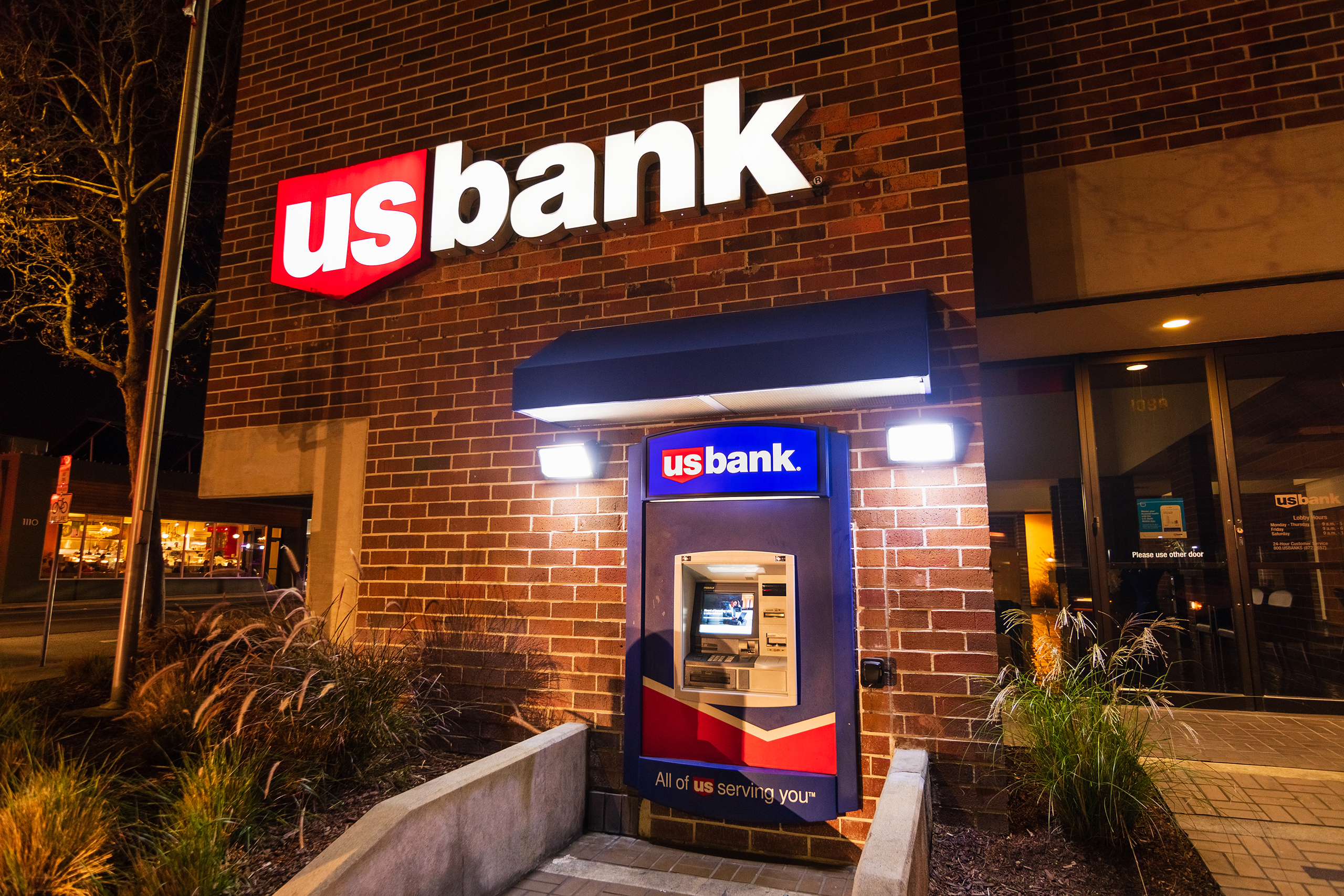
Negative interest rates: What they are, how they work, and whether they're coming to the US
A bank might not actually charge savers a negative rate, but it might levy a 'storage fee' that exceeds any positive interest earned, according to Professor of Economics Dennis Hoffman, who's the director of the Seidman Research Institute.
A bank might not actually charge savers a negative rate, but it might levy a "storage fee" that exceeds any positive interest earned, according to Professor of Economics Dennis Hoffman.
In this story published May 31, 2020, in The Arizona Republic:
This scenario would represent a penalty for holding cash. By pushing rates ever lower, economic policymakers would be encouraging you to rid yourself of cash by spending money and hence stimulating economic activity.
– Professor of Economics Dennis Hoffman, who's the director of the L. Seidman Research Institute
Latest news
- Artificial intelligence in business master's degree helps Nathan Merriman combine business strategy with technology
Nathan Merriman (MS-AIB '25) had been working in business for a few years when he learned about…
- How the Executive MBA empowered Scott Gates to be a mission-driven leader
Scott Gates (BS Marketing '04, Executive MBA '15) had a very positive experience during his…
- Fall 2025 W. P. Carey Dean's Medalists honored at celebratory luncheon
Top grads from each program recognized for academic excellence and lasting impact on the ASU…